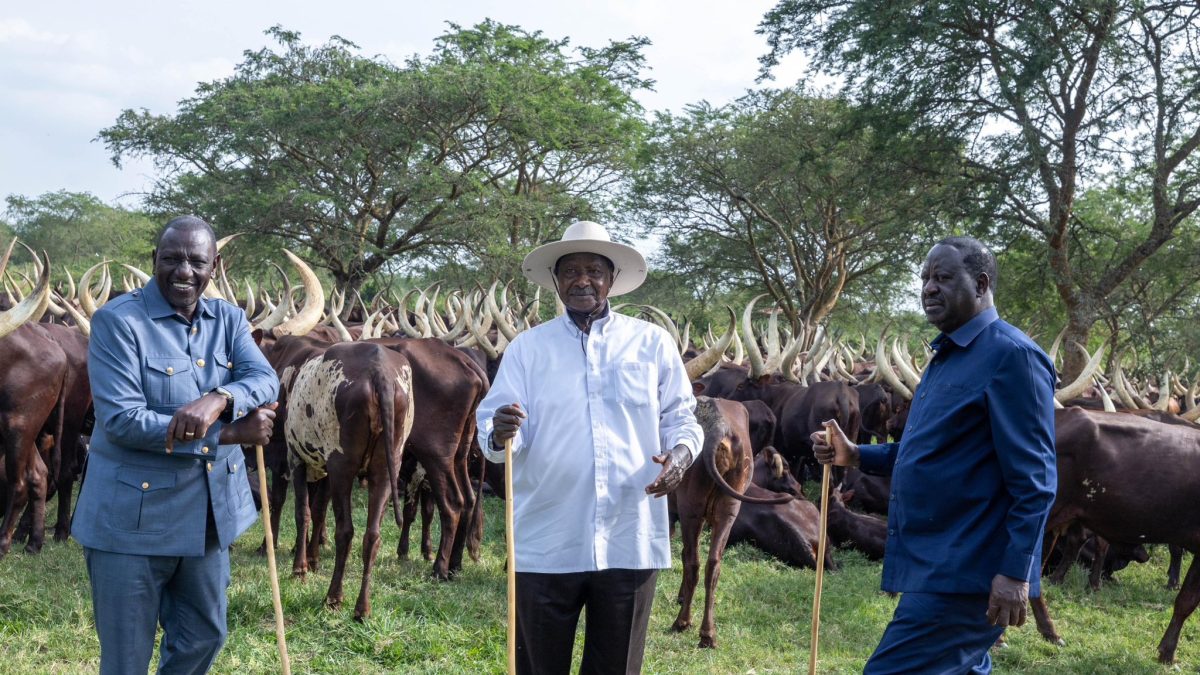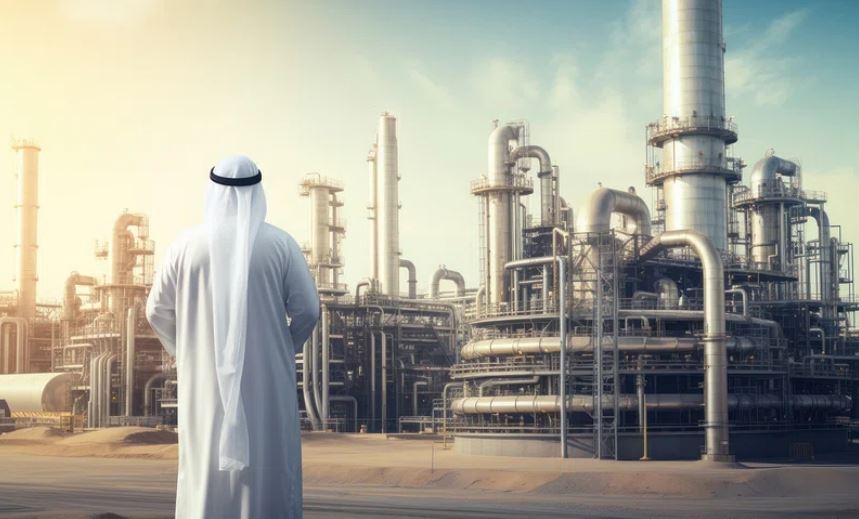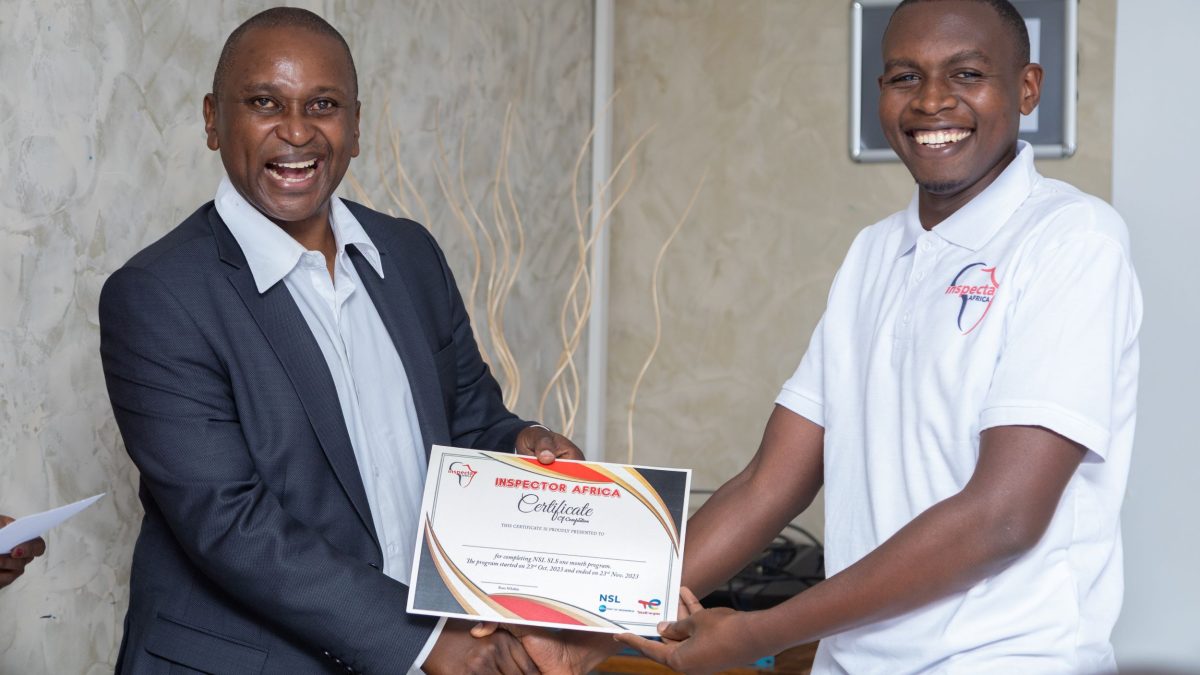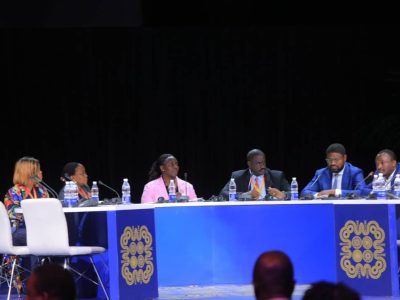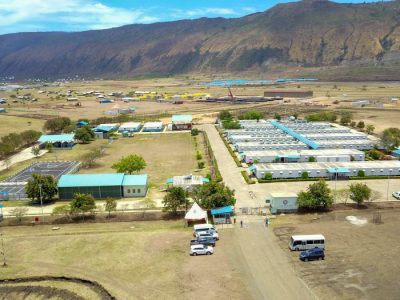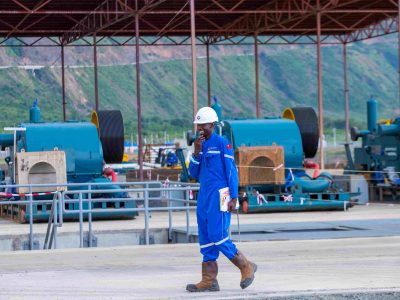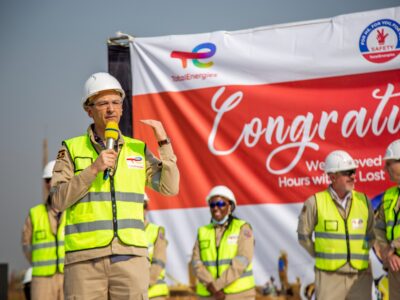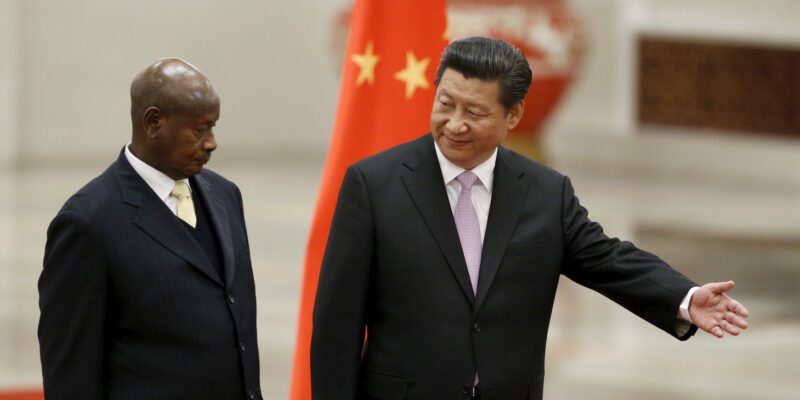
Though the European Union Parliament moved a motion for a resolution to at least temporarily stop Uganda and Tanzania from developing the East Africa Crude Oil Pipeline (EACOP) and related oil and gas projects on September 13, 2022, the projects will more likely go ahead as planned.
This is because Chinese financial institutions have since guaranteed the needed funding after environmental activists managed to dissuade the major European banks from the projects.
Construction of the longest heated oil pipeline in the world at 1443km is expected to cost about $5 billion with at least $3 billion of this borrowed.
We understand that the money from China will be enough to cover the entire balance that had initially been expected from the European banks after the taking of the final investment decision on EACOP in February this year.
Interestingly, the Chinese funds will come with much better terms compared to what would have been charged by European banks. Loans from China have been said to be as good as concessional.
In a recent interview with this website’s sister publication, the Deep Earth Wrapper, Irene Batebe, the permanent secretary in the Ministry of Energy and Mineral Development who while stopping short of confirming the source of the funds confirmed the eminent financial closure for the project.
“Discussions on financing of the project are progressing well and the target of First Oil in 2025 should be met,” Batebe said.
We understand that once the financial closure is confirmed soon, the project will commence officially before the end of this year.
Both TotalEnergies and CNOOC are preparing to receive two separate rigs at their oil projects in western Uganda, a milestone that is set to kick off a busy drilling campaign.
Perhaps this is why Ugandan President Yoweri Museveni was sounding bullish in reaction to the EU Parliament.
“The remarks of the Deputy Speaker and the Attorney General in one of the dailies concerning the EU Parliament and EACOP interested me in making some comments of reassurance to our people. I want to assure you that the project shall proceed as stipulated in the contract we have with TotalEnergies and CNOOC,” Museveni tweeted.
Adding, “We should remember that TotalEnergies convinced me about the pipeline idea; if they choose to listen to the EU Parliament, we shall find someone else to work with. Either way, we shall have our oil coming out by 2025 as planned. So, the people of Uganda should not worry.”
Thomas Tayebwa, the Deputy Speaker of the Parliament of Uganda had earlier led calls for the EU Parliament to withdraw its motion for resolution against the development of the oil and gas projects.
“The Parliament of the Republic of Uganda condemns the motion for a resolution by the European Union Parliament. It is based on misinformation and deliberate misrepresentation of key facts on environment and human rights protection. It represents the highest level of neo-colonialism and imperialism against the sovereignty of Uganda and Tanzania,” Tayebwa said, while addressing the Parliament of Uganda.
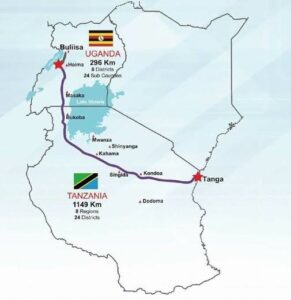
A map illustrating the EACOP route
Environment, Human Rights Concerns
The debate about the potential damage to the environment and to the livelihoods of host communities as a result of the pipeline’s construction did not start today. A campaign codenamed #StopEACOP has intensified in the last two years with activists not only scaring off potential funders but also petitioning the Pope and various European leaders.
In its motion the EU Parliament echoed the activists’ sentiments, calling on “the international community to exert maximum pressure on Ugandan and Tanzanian authorities, as well as the project promoters and stakeholders, to protect the environment and to put an end to the extractive activities in protected and sensitive ecosystems, including the shores of Lake Albert, and commit to using the best available means to preserve the culture, health, and future of the communities affected and to explore alternatives in line with international climate and biodiversity commitments.”
It further “urges TotalEnergies to take one year before launching the project to study the feasibility of an alternative route to better safeguard protected and sensitive ecosystems and the water resources of Uganda and Tanzania… and to explore alternative projects based on renewable energies for better economic development.”
However, Ugandan and Tanzanian authorities continue to insist that the projects follow strict environment and social impact guidelines which will ensure that oil and gas activities mutually co-exist with the environment and social wellbeing of communities.



